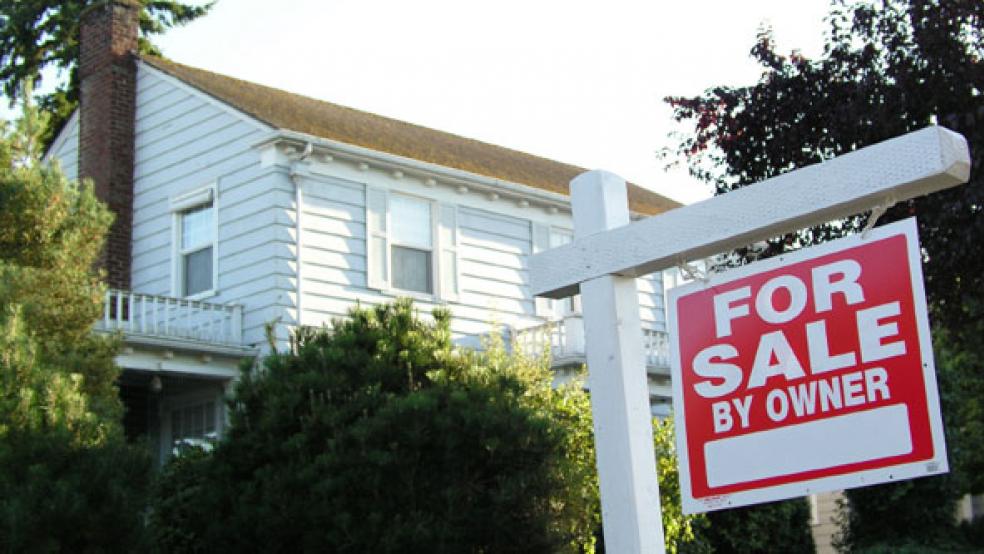Looking to get a home mortgage? Think again, unless your credit score is higher than 620 and you can afford a large down payment. Otherwise you may not get a quote, let alone a mortgage, anytime soon. According to a new report by the online real estate website Zillow.com, nearly one-third of Americans are unlikely to qualify for a home mortgage because their credit scores are too low, depressing chances for a housing market recovery.
Analyzing data from some 25,000 loan quotes and purchase requests in the first half of September, Zillow determined that borrowers with credit scores under 620 who requested quotes for conventional 30-year fixed-rate mortgages were unlikely to receive a quote from their online real estate database, even if they offered a 15 to 25 percent down payment. Nearly 29 percent of Americans had this credit score, according to data by myFICO.com, the most widely used credit score rating company.
Not everyone is buying Zillow’s report. The Mortgage Bankers Association says the report isn’t representative of all borrowers or lenders. The Zillow data don’t include the total number of applicants who applied for mortgages in September; how many Zillow applicants were just testing the waters or neglected to include other relevant information; how many were applying for second homes or rental properties; and how many serious buyers used a real-life mortgage broker. “Despite historically low mortgage rates, applications for purchase and refinance have been relatively low,” said Michael Frantantoni, vice president of research and economics at the MBA. The latest data from the MBA say fewer consumers applied for a new mortgage, down 1.4 percent from the week before.
mid-600s, consumers are eligible for subprime
mortgages and will face much higher interest rates.
Frantantoni says mortgage market activity will pick up when more jobs are created and borrowers have a steady income. But with unemployment hovering at 9.6 percent and consumer spending hitting the brakes, home sales are not likely to rise anytime soon.
Almost half the applicants in the Zillow data analysis had a credit score of 720 or higher and received the lowest mortgage rate of 4.3 percent for conventional 30-year fixed mortgages. For borrowers with credit scores between 620 and 719, the Annual Percentage Rate (APR) decreases steadily as credit score increases, according to the report. Credit scores in the high 700s out of a possible 850 points are considered good by credit score rating companies, and are a critical component in a consumer's financial résumé. Generally, when scores dip into the mid-600s, consumers are eligible for subprime mortgages and will face much higher interest rates.
“Borrowers may be finding their credit has been negatively impacted during the downturn, the value of their home has declined below the value of their loan or they have lost their job,” said Frantantoni. “These are all factors that are weighing in on their ability to qualify for a loan.”
Ironically, just four years ago the same people who had these low credit scores were able to buy homes at low interest rates. Their inability to pay back their mortgages contributed to the housing collapse. Tighter lending standards imposed by the banks are also hindering the market recovery, as evidenced by the anemic rise in August home sales. “Today's tighter credit is a predictable response by banks after the foreclosure crisis, but also keeps a cap on housing demand, which is important for the greater housing market recovery," said Zillow chief economist Stan Humphries.
What’s striking from the report is that nearly the same percentage of Americans are ineligible for a mortgage as rent — 34 percent. This suggests that renters may find some difficulty if they want to purchase a home, said Bernard Markstein, vice president with the National Home Builders Association, a trade organization.
“Lending standards for mortgages are as tight as they are going to get and they will loosen up over the next few years as housing prices stabilize and banks gain more confidence in the market,” Markstein said. Until then, consumers will have to do what generations before them did: save their money to make the down payment.





